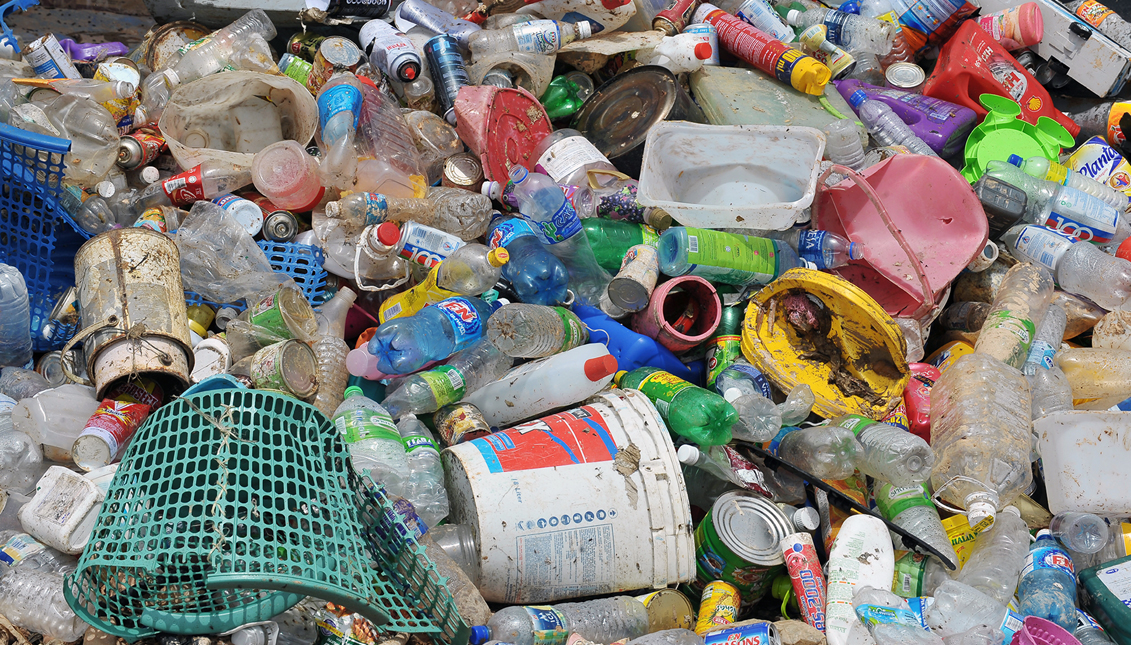
Flooded with plastic | OP-ED
MORE IN THIS SECTION
In June 2020, a study was launched on how the United States has contributed to plastic waste in the world’s oceans. The investigation was promoted from the bipartisan initiative to pass the law “Save Our Seas Act 2.0”, which finally became a reality a year ago.
Now, the conclusions of the study are known and leave a high responsibility of the United States for plastic pollution, a symbol of consumerism.
The report is titled ‘Reckoning with the U.S. Role in Global Ocean Plastic Waste ‘and as a starter it explains that plastic waste invades almost all marine spaces and gives a figure that measures what is happening: annually, oceans receive 8 million metric tons of plastics, which is equivalent to emptying a truck with that material every minute. In short, an unthinkable volume.
RELATED CONTENT
Regarding the purpose of the research -the role of the United States -, the results leave the nation in a leadership position, for which the US should set an example in terms of effective decisions to save marine life.
It was established that the US contributed about 42 million metric tons in 2016. The figure exceeds what the entire European Union generated and is more than double what happened with China. What is discouraging is that while in 1966 there were 20 million metric tons of plastic produced in the world, in 2015 381 million tons were added, and there is no indication that it is tending downward.
“The success of the miraculous invention of plastics in the 20th century has also produced a worldwide deluge of plastic waste that appears to be all over”
Margaret Spring, who led the group of experts that prepared the study, described what these figures mean: “The success of the miraculous invention of plastics in the 20th century has also produced a worldwide deluge of plastic waste that appears to be all over”. Violating nature and human health itself everywhere. The research concludes that about a thousand marine species end up eating plastics, which end up on the table and in people’s stomachs. And the damage it leaves in streams and rivers is not counted.
There are efforts in many cities around the world, such as Santa Marta (Colombia) or Philadelphia, which banned single-use plastic bags in July, that are reacting to the issue. But they are minuscule reductions compared to the magnitude of the damage.
Hopefully, we would soon go from diagnosis to decisions without looking at the manufacturers’ pockets, but the health of the planet.







LEAVE A COMMENT:
Join the discussion! Leave a comment.